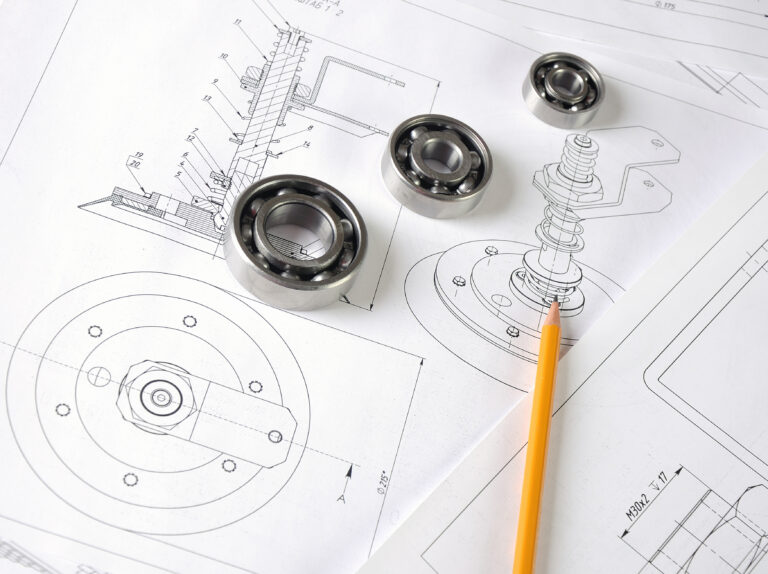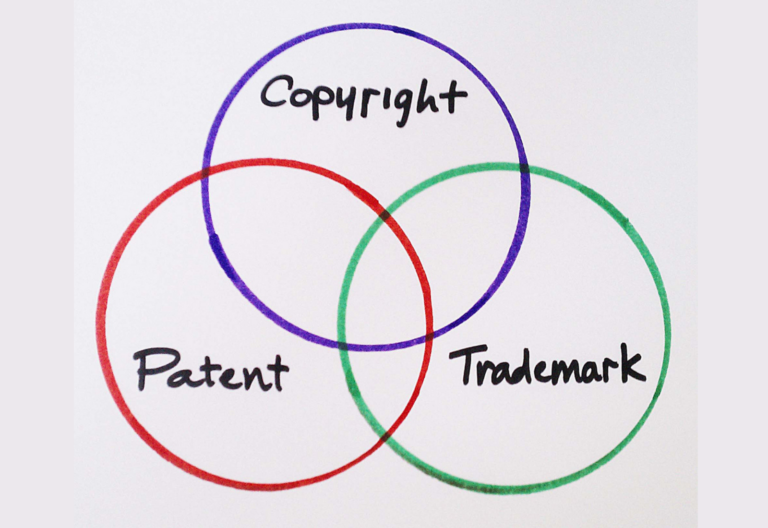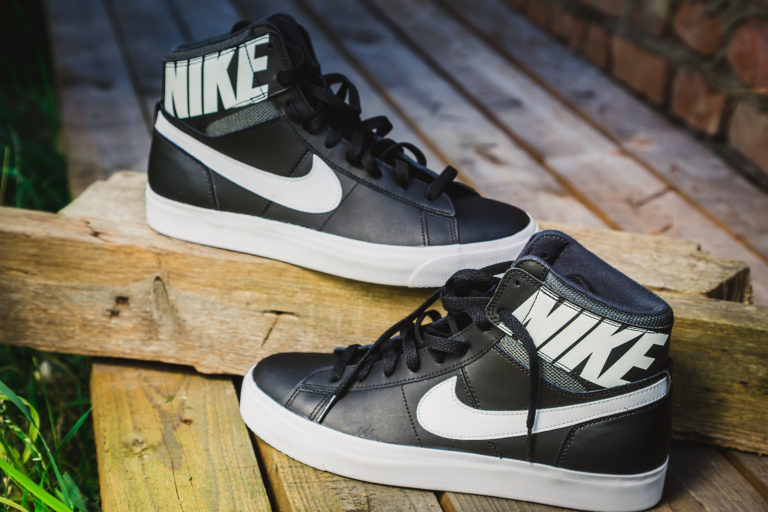
How to License Your IP to China
For companies seeking access to the China market, an IP license is often the best way forward. However, companies need to be smart about it. Specifically, they should resist the temptation to recycle licensing agreements used in other contexts, and instead use agreements specifically drafted for use in China, taking into account China-specific conditions. 1.


















